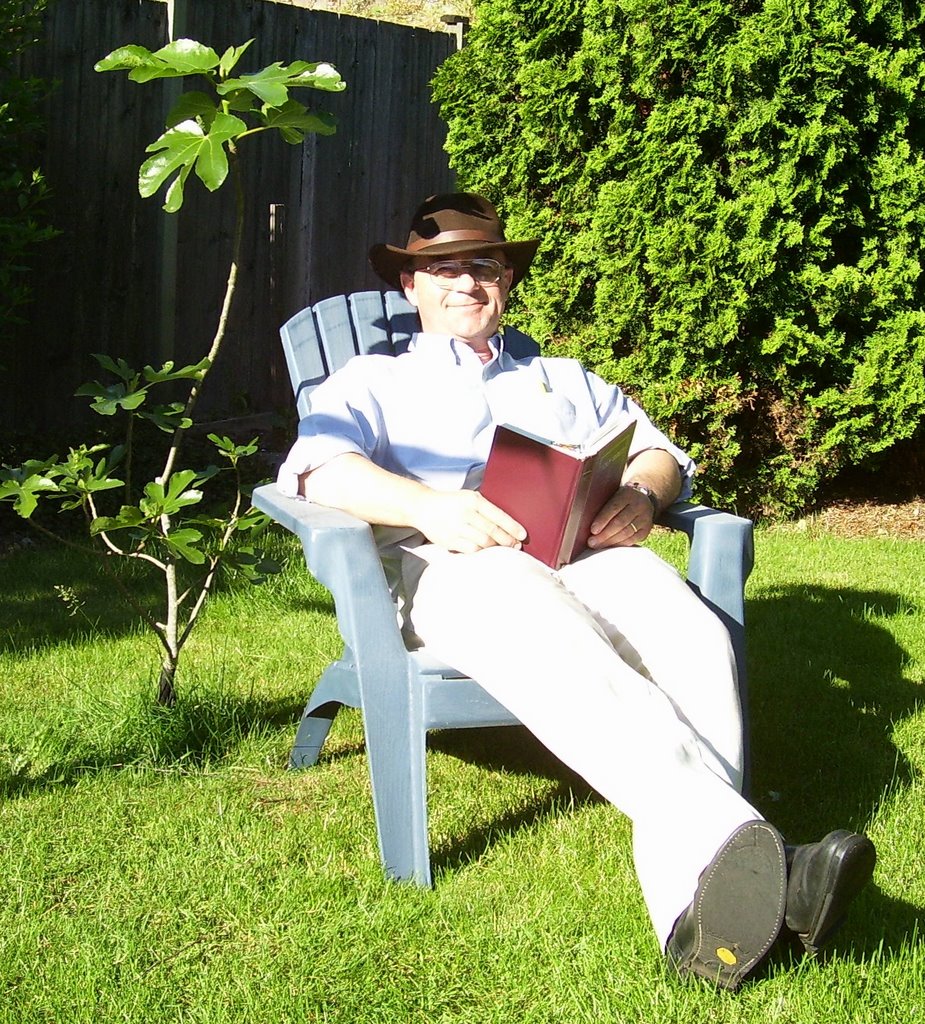This morning my wife and I attended a breakfast seminar for continuing legal education. We need to receive so many hours of this sort of thing to maintain our licenses to practice law.
The topic was the 2005 Kelo vs. New London Supreme Court decision. This was the decision that affirmed the power of a local government agency to condemn a person's private property and sell it to someone else to increase the tax base. The central point of the decision was whether the "takings clause" of the 5th Amendment of United States Constitution stood in the way of such action. That clause reads as follows:
"nor shall private property be taken for public use, without just compensation."
I want to be fair. The decision was not about taking property without compensation. The property owner was compensated for the taking. Rather, the central issue of the case revolved around the meaning of "public use".
The presentation was in the form of an informal debate between Stewart Jay, professor of Constitutional Law at the University of Washington School of Law, and Richard Sanders, a justice of the Washington Supreme Court.
Professor Jay, despite his flowing 18th century hair style, proved himself to be an ardent defender of the faith of our day. His slick Power-Point projector flashed images of New London's apparent blight that led the city officials to seek a way to revitalize their community. He pointed out that the decision to condemn the property of the various landowners (there were quite a few) was deliberated after a series of public meetings that allowed for community input. He argued that everybody had their say. It was a nice democratic process that ended in the decision to dispossess some people from their property. Their homes were to be razed, redeveloped, and resold. It was too bad for the widow whose house had been in her family for more than a century. The process was fair; the will of the people dictated it. In a soothing voice of humble reasonableness, he all but asked, "what is the problem?"
To add insult to anyone actually thinking instead of nodding, he also flashed his "proof-texts": out-of-context and uncited quotes from founding fathers suggesting that they too thought that the "good of the people" always trumped individual liberty. He repeatedly remarked that the founding fathers would not recognize our current society and that they could not contemplate the huge role that government, as a force of good, would have in our time.
As the Supreme Court did in its decision, he completely dodged the central issue: why should a clear constitutional protection of an individual right be ignored simply because of the passage of time and custom? Why, indeed, should the restrictive term "public use" become the unrestricted term "public will"?
Justice Sanders, on the other hand, is an articulate defender of individual liberty and the old view of constitutional law. He restated the ancient doctrine that private property, secure from the arbitrary dictate of the state, is the foundation of liberty. The whole purpose of our republic's founding document was to protect individual rights from the whims of the majority while allowing for a majoritarian element to self-government. The people as a whole give legitimacy to their government and the government is charged to protect individuals from, among other things, the people.
He noted that the current takings decisions are based upon a twisted interpretation of the government's police powers. Originally, the state's police powers were focused and limited to protecting individual and collective rights from attack. Such powers were expressly limited by the Constitution and the consent of the people. They never were meant to be applied to promote a proactive "public good". Instead, they were reactive, that is, they resisted lawlessness.
He also pointed out that the "public use" clause clearly originally meant the use of property either directly by the government (such as in building a courthouse), or use by the public in general (such as a highway). The one thing it did not mean was to allow the government to take private property from one individual and to sell it to another.
Although Justice Sanders had the better argument and reasoning, it also was clear that Professor Jay had the force of prevailing sentiment. Professor Jay, at the beginning of his talk, pointed out that Justice Sanders was a great example to law students of how to write an eloquent dissent. Sadly, that is true. Justice Sanders too often is on the losing side in constitutional cases heard by our state's Supreme Court.
Professor Jay is a prominent law professor. During his talk I could not help but think that he is a priest of our official religion. Ancient Canaanites worshipped Molech. We worship Demos.
As in the ancient worship of Molech, a primary doctrine of our official religion requires the occasional sacrifice of someone for the good of the people. We are not as overtly barbarous as they were in those days. We pay compensation to our victims. For the time being, that is. I can hear Professor Jay's soothing voice intone "democracy, democracy, for the good of the people" as he instructs future lawyers and judges in the Gnostic arts of perfection through legislation.
Redemption through redistribution. Why didn't someone think of that before?
Friday, February 03, 2006
Subscribe to:
Comments (Atom)
